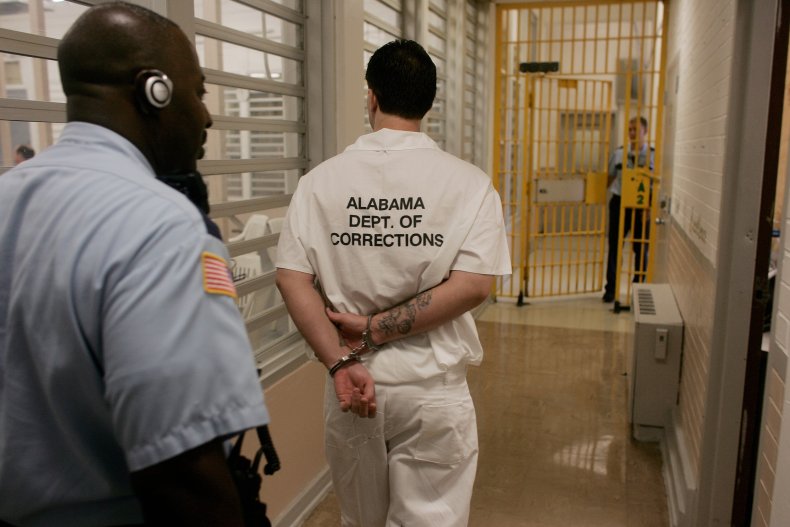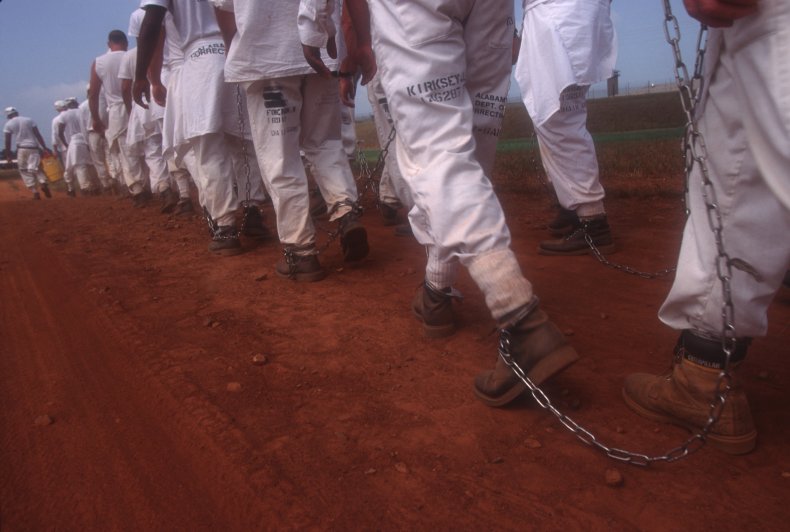U.S. District Judge Myron Thompson released a 600-page opinion again blasting the inadequacies of Alabama's prison system on Monday.
Thompson ordered the state to make changes to inmate care, giving the state a deadline of 2025 to increase the number of correctional officers, as well. He previously ruled in 2017 that Alabama prisons' mental health care was "horrendously inadequate" and violated the U.S. Constitution's ban on cruel and unusual punishment.
In the four years since his original ruling, at least 27 more prisoners have died by suicide, Thompson said.
"What was true four years ago is no less true today: ADOC does not have enough correctional staff to provide constitutionally adequate mental health care to prisoners who need it," Thompson wrote.
The opinion discusses the number of suicides that have happened in correctional facilities, along with the prison system's lack of progress in reaching a prior directive to increase staffing.
The amount of staff has grown little over the past three years and the system has less than half the positions needed to meet the requirement of 3,826 full-time equivalents of officers filled, Thompson said.
"The absence of security staff prevents people who need treatment from accessing it, stops those whose mental health is deteriorating from being caught before they lapse into psychosis or suicidality, and fosters an environment of danger, anxiety, and violence that constantly assaults the psychological stability of people with mental illness in ADOC custody," he wrote.
July 1, 2025, is the new deadline Thompson set for the state to fulfill the staffing requirement. In addition, he ordered the state to make many other changes to mental health care, such as ensuring regular security checks, that assessments are done properly, that inmates receive time outside of their cells, and that staff undergoes regular drills regarding how to respond to suicide attempts.

Thompson described some of the suicide incidents. Thompson wrote that:
— Twelve minutes passed between the time one inmate was found hanging in his cell and the start of resuscitation attempts.
— In the seven months before one inmate's suicide, the man rarely received the required five hours per week out of his restrictive housing cell because of staffing issues at the prison.
— Before his suicide, an inmate endured "frequent, pervasive sexual and physical violence" and told his mental health provider he was being, "trafficked by a gang and forced to perform sex acts to pay off the gang's debt."
— That audits found less than 20 percent compliance levels with the required 30-minute security checks in restrictive housing. One inmate, Casey Murphree, was not found for hours after his death until rigor mortis had begun, the judge wrote.
Thompson also ordered the state to tell him how an inmate died of hyperthermia in a climate-controlled cell during December 2020.
Thompson ordered the court to, "address, specifically, how it happened that Tommy Lee Rutledge's cell reached 104 degrees, causing him to die of hyperthermia, in a unit that was supposedly air conditioned, and how the ADOC will prevent that from ever occurring again."
Thompson said the state has a "mixed" track record in making other improvements in the care of mentally ill inmates. He noted the state had made improvements in the number of mental health workers.
"The critical question is whether it can sustain that progress, given its severe shortage of correctional staff, as it implements relief in other areas," Thompson wrote.
A spokeswoman for the Alabama Department of Corrections said the department could not immediately respond The Southern Poverty Law Center, which represents inmates in the class action civil lawsuit, did not immediately comment on the ruling.
The Associated Press contributed to this report.


Post a Comment